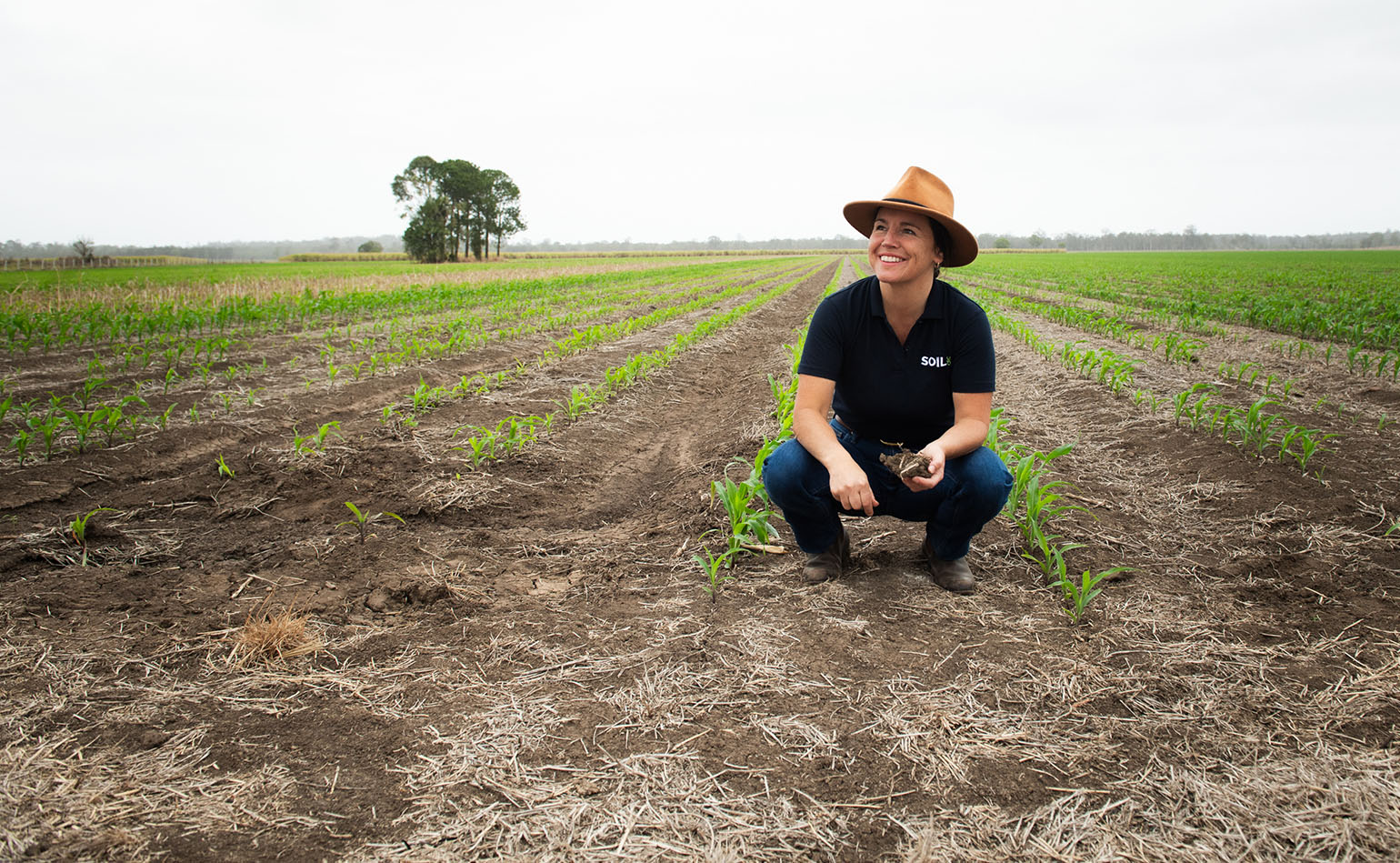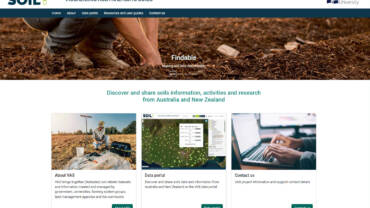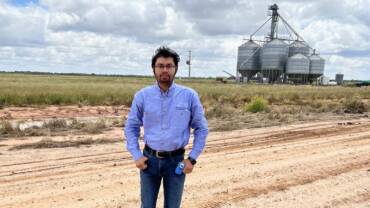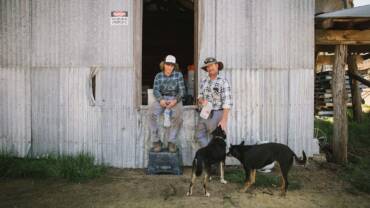Green light for longitudinal landholder study
| Posted Nov 14,2023The next phase of the Soil CRC’s national social benchmarking study kicks off this month as we seek to understand how farming and soil management practices change over time. North Central Victorian landholders will be the first to complete our follow-up surveys in early 2024, with two more regions to follow.
Project leader Dr Hanabeth Luke from Southern Cross University said farmers and their on-farm management strategies are critical to the ongoing health of Australia’s soils, economy, and environment.
“This project builds on the Soil CRC’s previous social benchmarking research across six Australian farming regions, to help develop a longitudinal understanding of farmer practices, aspirations and motivations,” Dr Luke explained.
“Over the next two years, the project team will conduct three follow-up surveys of land managers in North Central Victoria, on the Eyre Peninsula in South Australia and in the northern West Australian Wheatbelt.”
The surveys are co-developed with local Soil CRC partners to address the regional and industry nuances of different farming systems and regions, while also providing a means to evaluate the impact of the CRC.
Dr Luke said the social benchmarking study has already provided many insights about key levers for supporting change in agricultural systems.
“Some of these insights were quite unexpected; for example, the importance of involving a broader team in decision-making, whole-farm planning, and the timeframe of strategic planning. Also, belief in climate change has emerged as an important driver of the implementation of some resilience-building practices,” she said.
Joining Southern Cross University in this phase of the study are Charles Sturt University, North Central Catchment Management Authority (North Central CMA), Agricultural Innovation and Research Eyre Peninsula (AIR EP) and the West Midlands Group.
Executive Officer of AIR EP, Naomi Scholz, was involved in the first phase of the study in 2019 and said it was extremely valuable in guiding the development of AIR EP’s first strategic plan in 2020.
“The region has committed cash to repeat this survey in 2024-25 to assist us in determining how effective we have been in delivering that plan, and identify areas to focus on in the future,” she said.
Dr Luke said improved understanding of farmers’ needs, intentions and practices will help the Soil CRC, the farming groups, and other supporting organisations to better target our innovations and communications.
“This supports increased end-user engagement and adoption, with the aim of improving soil management, farming productivity and ultimately, farming system resilience across Australia,” she said.
Charles Sturt University’s analytics team will further help to identify avenues for data application.
Related story: National social benchmarking study complete





